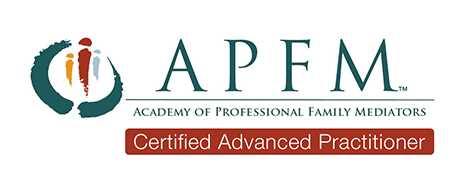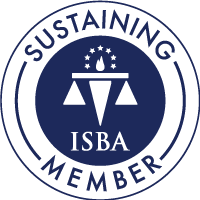Solution-Focused Conciliation offers parties a process for working through disputes when they desire to continue a relationship beyond the dispute. The process combines the expertise of mediators/arbitrators and depending on the issues, conflict coaches, child and family advocates, and divorce financial planners. These professionals fully equip and guide parties in crafting resolution so they move from dispute into a hopeful, workable future. The process is conciliatory rather than adversarial.
If parties want to keep control of the decisions they must live with, desire to resolve their dispute privately, and want to avoid the direct involvement of the court system in the decision-making process. Solution-Focused Conciliation is the answer.
Solution-Focused Conciliation may be used to settle a wide variety of disputes in on-going relationships including:
- small and large businesses
- neighborhoods
- faith communities
- partnerships
- families whether separating, desiring marital mediation, divorce, elder law, or estate disputes
A fee budget is established at the outset, based on the mix of services needed to fully resolve the
issues between the parties. The fee can be paid on a pay as you go basis or paid in 3-5 monthly
installments. Parties know how much the process is likely to cost before they ever enter an
agreement to proceed. The goal, instead of worrying about cost, parties give full focus to
resolving the issues so they can move forward.
Solution-Focused Conciliation promotes basic values and moral principles that are an essential part of healthy relationships and the proper functioning of society. If you agree to participate in Solution-Focused Conciliation, you will be encouraged to:
Be candid
Accept responsibility for your actions
Keep your word
Be concerned about the interests of others
Confront others constructively
Be open to forgiveness and reconciliation
This does NOT mean you have to feel deep affection for the other party or resume the relationship as it was. Simply be open to engaging with them in a healthy, mature fashion.
In domestic cases, parents are viewed as the primary experts on the well-being and development of their children. They are expected to make decisions consistent with the children’s best interests.
Solution-Focused Conciliation requires all participants in the process to agree at the outset that they are prohibited from divulging information to anyone who does not have a necessary and legitimate interest in the conflict. In particular, Conciliators may not be subpoenaed to testify in current or subsequent legal proceedings.
No. The goal of compromise is often to “split the baby” merely to get a matter settled.
Conciliation focuses on creating solutions which both sides see as just and reasonable. This creates solutions parties will live by for the long term.
Each party is encouraged to have an attorney since Conciliators are barred from giving legal advice or representing either party in an attorney/client relationship. Attorneys act legal advisors to ensure all issues are covered and that their client understands the ramifications of the parties’ agreement. Conciliators are happy to work with any attorney the parties have retained to advise them during the conciliation process as long as the attorney is willing to abide by the rules established in the Solution-Focused Conciliation Agreement.
In the event that the Solution-Focused Conciliation process is terminated short of completion, both attorneys are free to continue to represent their client in the civil court system in any issue which was the subject of the Solution-Focused Conciliation Agreement, subject to the confidentiality provisions of the Conciliation Agreement.
It is not unusual for people to have questions and apprehensions about using Solution-Focused Conciliation, which is admittedly a novel way to resolve conflict. We offer a free consultation for those uncertain about stepping into the process. Parties learn the details of the process, the services they will receive, and the total cost before ever committing to move forward.
Conciliators will not serve as investigators, attorneys, prosecutors, or judges, or as therapists or independent financial brokers or advisors
Traditional courts are based on a win-lose process which pits the parties against each other. The process itself is rule and rights oriented. The decision maker (Judge) is limited in the information they can consider and generally will not be able to easily ascertain the true nature and causes of the dispute. The ultimate outcome is shaped by the process and the rules rather than the actual needs and priorities of the parties. By pitting the parties against each other, the purely legal approach often heightens animosities and permanently destroys relationships.
Solution-Focused Conciliation is more about relationships than rights. We offer strategies to restore, reconcile, or renegotiate the relationship into a different, practical, and sustainable form.
The conciliation process is about recognizing and protecting the shared values of the parties as well as those of others affected by the dispute. It is the future of the relationship (and in family cases, the welfare and best interests of the children) that is paramount, over-shadowing the parties’ individual rights.
Benefits of Solution-Focused Conciliation:
- Budgeted-fees keeps process affordable
- Trained professionals equip and guide at every step
- Process is time-limited and time-sensitive
- Privacy is protected
- Outcomes are determined by parties’ not a judge
- Parties focus on the future, not the past
- Conflicts are resolved while relationships strengthened






